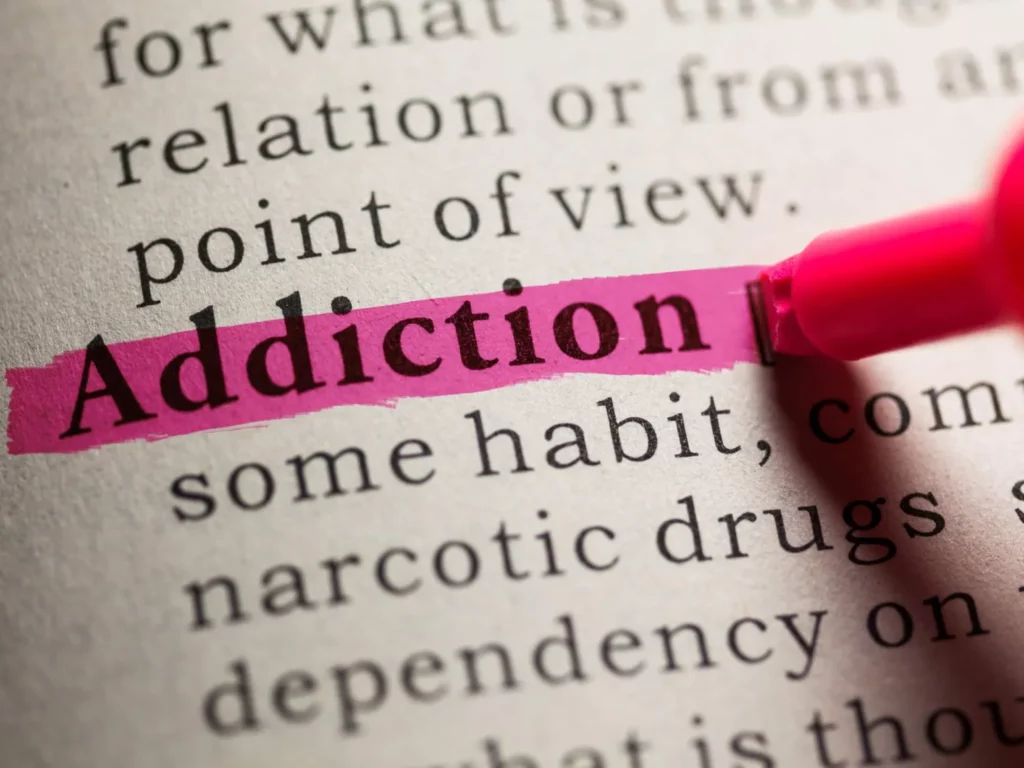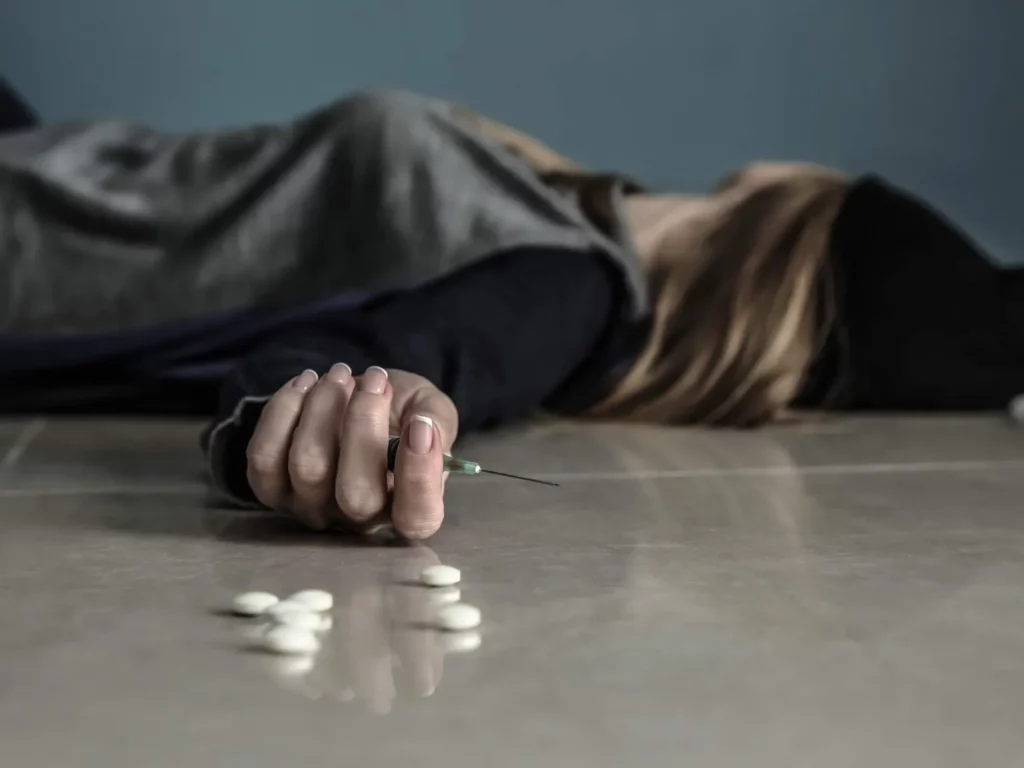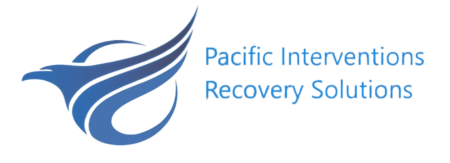Overcoming Heroin Addiction
Heroin addiction is life-threatening and dangerous, yet recoveries are possible with the proper support. Here at Pacific Interventions, we assure you of empathetic and evidence-based treatment to help the individual and the family overcome their addiction.
Our tailored approach ensures that each person receives the care and support needed to regain control of their life and begin their recovery journey.

Understanding Heroin Addiction
Heroin addiction is a chronic disease by which changes are brought about in the brain structure and function; it leads to an uncontrollable compulsion to continue using heroin despite destruction to oneself or others.
Heroin is an opioid drug produced from morphine, a chemical within the seed pod of a certain poppy plant called the opium poppy. Whenever heroin is used, it gets transformed into morphine inside the body.
When people first use heroin, they feel a strong rush of pleasure and happiness. These intense feelings make them want to use more, which can quickly lead to addiction. People can abuse heroin in different ways: by injecting it, inhaling it as a powder, or smoking it. All these methods allow the drug to enter the brain quickly.
Once in the brain, heroin converts back to morphine and attaches to opioid receptors. These receptors are involved in feeling pain and pleasure, which is why heroin use increases feelings of joy and reduces pain. Over time, using heroin changes how the brain works and can lead to tolerance and dependence.
Signs and Symptoms of Heroin Addiction
Heroin addiction is characterized by various symptoms, including:
- Depression
- Euphoria
- Mood swings
- Anxiety
- Hostility
- Agitation
- Irritability
- lying about drug use
- Avoiding loved ones
- Weight loss
- Scabs
- Delusions
- Disorientation
- Hallucinations
- Paranoia
- Decreased attention to personal hygiene
- Possession of burned objects
- Drug storage
- Periods of hyperactivity and exhaustion
- Inability to fulfill responsibilities
- Increased sleeping
- Apathy
- Lack of motivation
- Decline in performance
- Slurred speech
- Shortness of breath
- Frequent respiratory infections
- Dry mouth
- Extreme itching
These symptoms vary among users based on genetic makeup, drug use frequency, and dependency.
Take the First Step Towards Recovery
Why Heroin Addiction is So Dangerous
Heroin addiction can be highly hazardous; it may lead to overdose, infections, or long-term damage to the brain and body. Overdose has been the leading cause of death among heroin consumers when it isn’t treated on time.
Continuous use impacts vital functions and increases the risk of life-threatening diseases. We at Pacific Interventions support individuals in their fight against this unsafe cycle with well-planned treatment programs.

How Heroin Impacts the Brain
It produces short-term and long-term physical dependence and tolerance on the brain. As time goes on, users develop a tolerance, requiring larger doses to accomplish what was initially achieved; this can lead to substance abuse and heroin use disorder. It alters the way the brain operates by interfering with the normal process of producing dopamine to create dependence and withdrawal symptoms.
Long-term consumption leads to an imbalance in the brain, white matter damage, poor reasoning, impulsive actions, hormonal problems, and changes in the brain’s structure. The scientists find that the long-term use of heroin results in issues very similar to dementia and Alzheimer’s disease.
Along with the potential brain damage, there are several immediate effects on the body. Some of these include:
- Pain and anxiety relief
- Flushing of the skin
- Increased body temperature
- Nausea and vomiting
- Dry mouth
- Itching
- Going in and out of consciousness (Nodding)
- Slowed heart or irregular heart rate
- Slowed breathing
- Euphoria
- Some of the more long-term effects on the body include
- Inflammation of the gums
- Constipation
- Cold sweats
- Weakened immune system
- Respiratory illnesses
- Muscular weakness
- Reduced sexual capacity and long-term impotence in men
- Menstrual disturbance in women
- Inability to achieve orgasm (women and men)
- Loss of memory and intellectual performance
- Depression
- Loss of appetite
- Insomnia
Treatment Options for Heroin Addiction
In fact, recovery from heroin addiction at Pacific Interventions is facilitated by a number of evidence-based interventions, including:
Medication-Assisted Treatment (MAT)
We use FDA-approved medications like methadone and buprenorphine to help reduce withdrawal symptoms and cravings, offering a safer path to recovery.
Counseling and Behavioral Therapy:
Our therapy sessions address the underlying psychological causes of addiction, helping clients develop healthier coping mechanisms.
Inpatient vs. Outpatient Treatment
Depending on the severity of the addiction, we offer both residential programs for immersive treatment and outpatient options for more flexible care. We tailor treatment plans to fit each individual’s needs, ensuring the highest chance of recovery.
What to Expect During Heroin Addiction Recovery
Overcoming heroin addiction takes some time and effort. Our programs at Pacific Interventions are tailored to take you through each stage of recovery, from detoxification and withdrawal management right down to ongoing therapy and support in the long term. Our team will be with you every step of the way, providing personalized care that helps you build the skills needed to maintain sobriety.
Why You Need Professional Help to Overcome Heroin Addiction
Heroin addiction is a serious problem that needs professional help to overcome. Quitting alone can be risky and may cause intense withdrawal symptoms or relapse. At Pacific Interventions, we offer treatment programs with medical supervision, counseling, and plans for long-term recovery. Getting professional help greatly improves the chances of successful recovery and keeps you safe and healthy throughout the process.

Take the First Step Towards Recovery
FAQ
Anyone can develop a substance use disorder, but genes and environment are important factors. Key risk factors for drug misuse include childhood mistreatment, a family history of substance abuse, and a personal history of mental illness or drug use. The type of drug also affects the likelihood of misuse. Some drugs, like heroin and other opioids, are more addictive than others.
MAT uses FDA-approved medications like methadone and buprenorphine to manage withdrawal symptoms and reduce cravings during recovery.
Yes, Pacific Interventions provides both inpatient (residential) and outpatient programs, allowing flexibility based on the severity of addiction and personal needs.
The length of treatment varies based on individual needs, but most programs last between 30 and 90 days, with ongoing support available afterward.
What Our Patients Say About US
Posted onTrustindex verifies that the original source of the review is Google. This is a great rehab program and I definitely recommend them.Posted onTrustindex verifies that the original source of the review is Google. First rate service from start to finish. Thank you for your help!Posted onTrustindex verifies that the original source of the review is Google. I’m so grateful for this service. It helped me make the first steps to changing my life.Posted onTrustindex verifies that the original source of the review is Google. I strongly recommend this place for anybody struggling with alcohol and drug addictionPosted onTrustindex verifies that the original source of the review is Google. Pacific intervention provided a service unlike any other I have ever experienced. They really focused on me as an individual and I felt like they really cared. I had a team behind me and they gave me the tools I needed to move forward in my life.Posted onTrustindex verifies that the original source of the review is Google. I am writing this review on behalf of our entire family. When our son came to us and said he had a drug problem, we were horrified. We quickly started looking for services to help. We called a number of places with very limited satisfaction. No one was explaining to us what was going on with our son, they only seemed interested in taking our money. That was until we spoke to Jeff at Pacific Interventions. He took the time to explain addiction, current treatment approaches, recovery, and how we could help. Our son ended up attending the 6 week outpatient program with Pacific Interventions. He graduated the program and is currently taking part in their aftercare program. Our son is back to the person we thought we had lost. He has confidence, self-esteem and our relationships with him are all much improved. Our family participated in the family program which offered us real solutions to broken trust, conflicts, and ways to help build our son up and support his recovery. We are all extremely grateful for the help of the entire team at Pacific Interventions for following through on what they said they would do, and helping our family heal.
Need Help Right Away? We are Here to Support You!
If you have an emergency, contact your local hospital or dial 911 immediately

